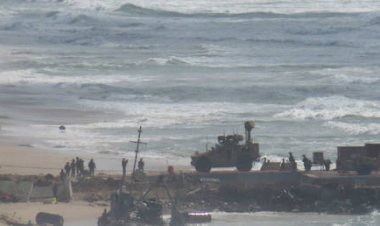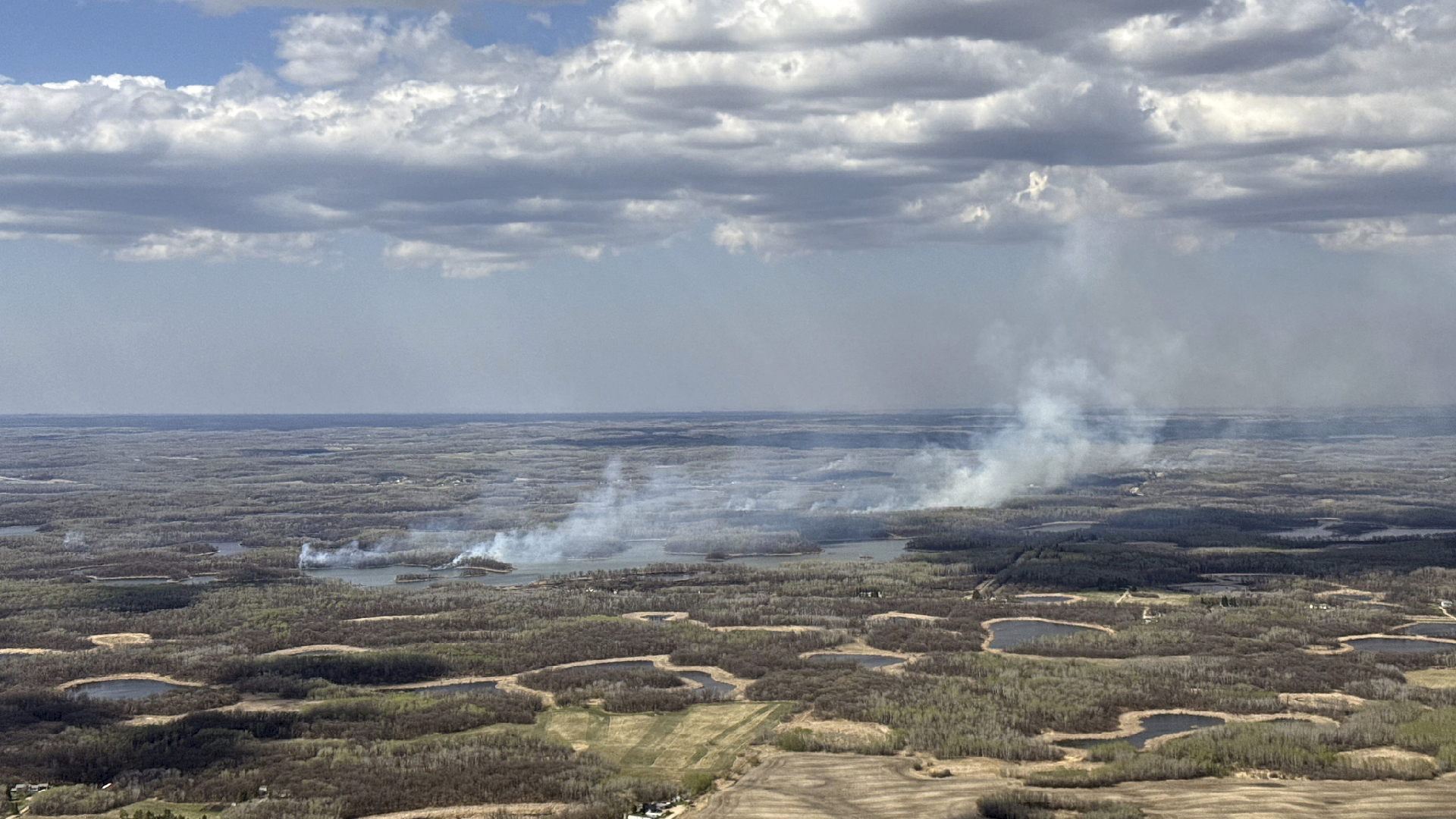World's First Atlas Comprising Remote-Sensing Thermal Infrared Images Unveiled
The inaugural atlas of remote-sensing thermal infrared images was unveiled at the 4th International Forum on Big Data for Sustainable Development Goals in Beijing on Friday, offering essential data support for research in sustainable development.

The atlas, a product of the International Research Center of Big Data for Sustainable Development Goals located in Beijing, utilizes images taken by the SDGSAT-1 satellite. This satellite, which was launched in November 2021, is the first space science satellite devoted to the UN 2030 Agenda for Sustainable Development.
Covering 118 regions globally, the atlas depicts 10 different landscape types, including various water bodies, mountainous regions, and deserts. It also captures thermal infrared images displaying industrial emissions and urban development, according to Guo Huadong, the director of CBAS, who spoke at the forum’s opening.
"The distribution and dynamic changes of surface temperatures on Earth are closely related to human socioeconomic activities, industrial production conditions and geomorphic features," Guo explained. He emphasized the value of the atlas in areas such as studying surface energy balance, observing climate change, monitoring urban heat islands, overseeing agriculture, and assessing natural disasters.
Guo also shared his aspirations for increased international cooperation to launch more satellites and eventually establish a constellation. "Then we can continuously acquire valuable data of various types from different layers of the Earth to serve the sustainable development of all humanity," he stated.
Additionally, two more atlases focusing on nighttime light images captured by the SDGSAT-1 were released at the same event.
The three-day forum focuses on leveraging digital technology to further the goals of the 2030 Agenda, sharing effective practices for overcoming data-related challenges in sustainable development, and driving progress in the agenda’s remaining years.
Sophie Wagner for TROIB News
Find more stories on the environment and climate change on TROIB/Planet Health












